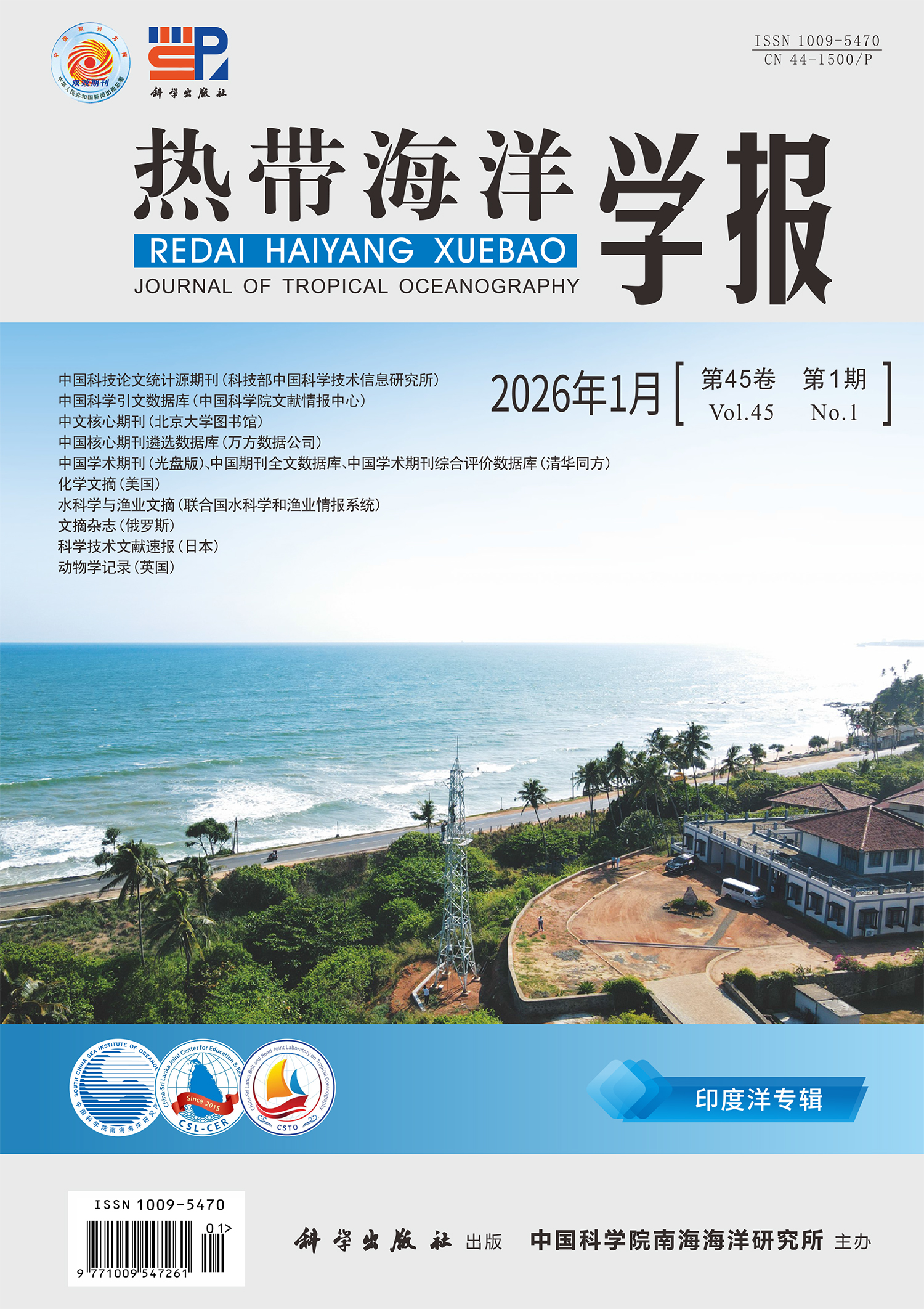Academic ethics
All parties involved in the publication of academic journals (authors, journal editors, editorial board members, reviewers and publishers) should abide by the generally recognized ethics and codes of conduct. The academic ethics and code statement of Journal of Tropical Oceanography is formulated in accordance with the Code of Conduct and Best Practice Guide for Editors of Academic Journals issued by the International Commission on Publishing Ethics (COPE).
1. Responsibilities of reviewers and editors
All parties involved in manuscript review and editing include the chief editor, associate editors, reviewers, and editors involved in manuscript processing.
In the process of deciding on the acceptance of contributions, the above parties shall follow the policies formulated by the editorial board of the journal and abide by the laws and regulations related to reputation damage, copyright infringement and plagiarism of achievements; Academic integrity should be maintained, academic and ethical standards should not be lowered due to commercial interests, and statements such as correction, clarification, withdrawal and apology should be published when necessary.
Peer review shall help the chief editor and associate editors to make decisions on the manuscript. The invited reviewers shall assist the authors to improve the quality of the manuscript. If they are incompetent or unable to review the manuscript in a timely manner, they shall notify the editorial department in a timely manner.
The reviewer shall confirm that the author has quoted relevant published research in the manuscript, and confirm that any published experimental observation data, process reasoning or argumentation used in the manuscript have listed the source of reference. If you find that there are wrong views, knowledge errors, serious duplication, suspected of forging data and other issues in the article, you should timely feed back to the editorial department.
Fairness
The academic content of the manuscript shall not be affected by the author's race, gender, sexual orientation, religious belief, nationality or political concept.
The review should only put forward suggestions and opinions on the opinions of the article, not on the author himself. The review opinions should be clear, reasonable and full of arguments.
It should ensure that the peer review process is fair and reasonable. In case of competition, cooperation and other relevant conflicts of interest between the reviewers and the authors, companies or institutions, they should avoid reviewing the manuscript.
Decisions made on manuscripts shall not be affected by advertising, transfer and other commercial interests.
Confidentiality
All reviewers shall keep confidential the contents of the reviewed manuscript, shall not disclose the information of the reviewed manuscript to the public, and shall not use the unpublished achievements in the reviewed manuscript for their own research without the written permission of the author. However, in some special cases, with the authorization of the chief editor, the editorial department may, at its discretion, disclose the manuscript to the corresponding authors, reviewers, reviewers to be invited, editorial board members and publishers.
Information disclosure, conflict of interest and other issues
The editorial department shall maintain academic integrity, investigate the academic misconduct of all parties involved in the manuscript, and take reasonable measures to deal with the manuscript complained. If there is a conflict of interest after the article is published, the editorial department may require all authors to disclose their interests and publish a correction statement or withdrawal statement. The editorial department shall comply with the guidelines of the International Publishing Ethics Committee when making corrections or expressing concerns about published articles.
2 Author's responsibility
Study the truth and eliminate plagiarism
The author shall ensure the authenticity of the research work and ensure full participation in the research work. Any published research and text used in the manuscript shall be cited. The editorial department will check all manuscripts for plagiarism through the Wanfang Database (https://check.wanfangdata.com.cn/checklogin/?service=http%3A%2F%2Fcheck.wanfangdata.com.cn%2Fja). Manuscripts with a similarity rate exceeding 15% will be returned for revision.
Avoid multiple submissions or repeated publication
The author shall not publish the same research in different journals, or repeat the published articles.
Author signature
The author's signature is limited to those who have made important contributions to putting forward research topics, designing research plans and processing and interpreting research work; all authors who have made important contributions should sign their names. Other personnel involved in the research shall be listed in the acknowledgement. The corresponding author shall ensure the rationality of the author's signature (according to the above explanation), and shall not add unreasonable authorship at will. All authorship shall read and agree to the publication of the final revision.
Principle of Acknowledgement
The author should list the participants in the study in the acknowledgement, and list the articles that have an important impact on the study in the references.
Topics involving hazards, humans or animals
The author shall clearly mark the chemical substances, equipment and operation steps used in the research work that will bring harm.
Information disclosure and conflict of interest
All authors should disclose in their contributions any economic or other conflicts of interest that may have an impact on the research results or interpretation. Authors should disclose all funding.
Error handling of published articles
If the published articles are found to have major errors or inaccurate expressions, the authors have the obligation to notify the editorial department or the publisher in a timely manner and cooperate to withdraw the manuscript or publish the errata.
3 Publisher's Responsibilities
Once the manuscript is suspected of or has academic misconduct, fraudulent publication and plagiarism, the publisher shall work closely with the editorial department to take all appropriate measures to explain the situation, modify the articles in question, including immediately publishing errata, and in serious cases, cancel the published articles in question.




- 2026
- Vol. 45 / No.1
ISSN 1009-5470
CN 44-1500/P
http://www.jto.ac.cn
Email:rdhyxb@scsio.ac.cn
Tel:020-89625890

- Official WeChat

